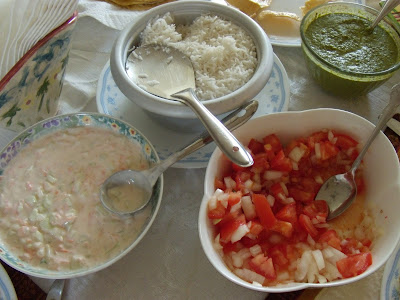 Wendy's
Wendy's is introducing "natural-cut fries with sea salt." That's from the package of a small order of fries, bought today, I am at liberty to say, in Liberty, New York, not far from Route 17.
NATURAL-CUT
FRIES
WITH SEA SALT
the package reads, also saying, "We slice up only whole Russet potatoes and leave the skin on to bring out their natural flavor." Also: "The result? Fries that are crispy, delicious, and totally irresistible." Hey! Maybe the serial comma is making a natural comeback! Love that serial comma after "delicious." Naturally. And meaningfully.
But here's the thing that has persnickety Pawlie scratching his grammarian's head: "natural-cut." It's that hyphenated adjectival construction that has me wondering.
- In nature, do Russet potatoes, or any potatoes, undergo cutting?
- How does natural cutting take place?
- Who does it? The Grim Reaper?
- What does it mean to be "naturally cut"?
- Does it hurt?
- Is it emo, even if naturally so?
- What is the opposite of "natural-cut fries"? "Artificial-cut fries"?
- How does one cut artificially? Through verbal ripostes?
Yass, yass, yass, as Jack Kerouac's Dean Moriarty would say, I think I know what Wendy's intends: natural taste, not processed, not doctored, not ruined by too much freezing, refreezing, microwaving, etc. Something like that. I get it. (Perhaps the copywriter could've called them "Natural, Cut Fries," but -- still -- what are "unnatural" fries? Picky. Picky. Picky. How about "Natural, Hand-Cut Fries"? Fine, but likely not literally true. Just thinking out loud, digitally, here.)
They're pretty good, the natural-cut fries from Wendy's. But I like Burger King's fries better; must be the peanut-oil taste. Arby's curly fries I like, too.
But hats off to Wendy's on its
Apple Pecan Chicken Salad. Pretty good; reminds me of a Panera Bread salad.
Naturally.
And don't forget: the San Francisco Giants are still World Champs.
Still basking.







